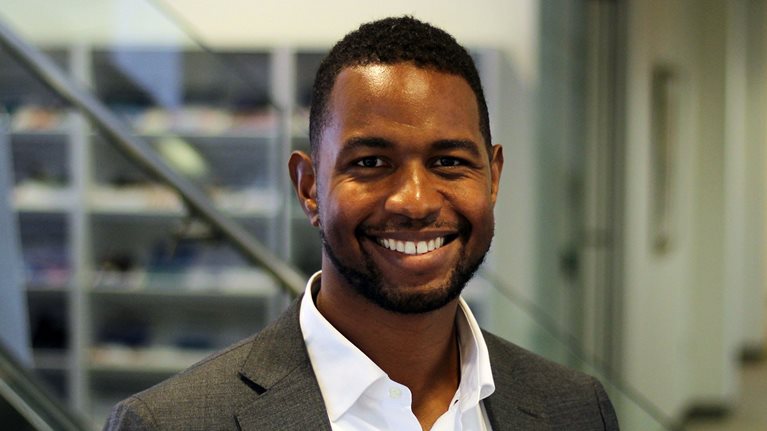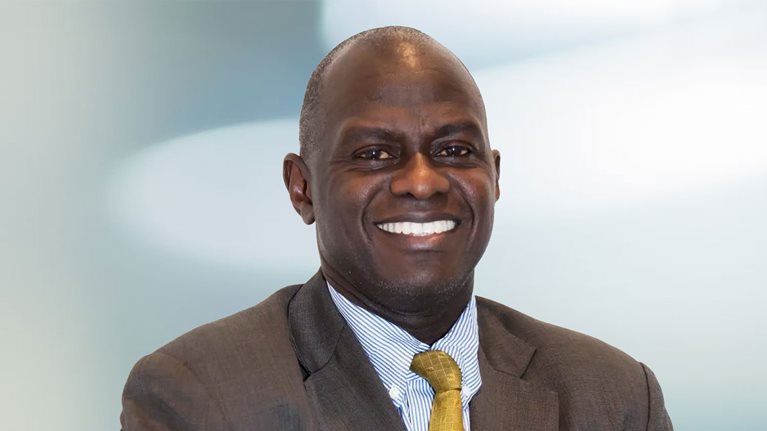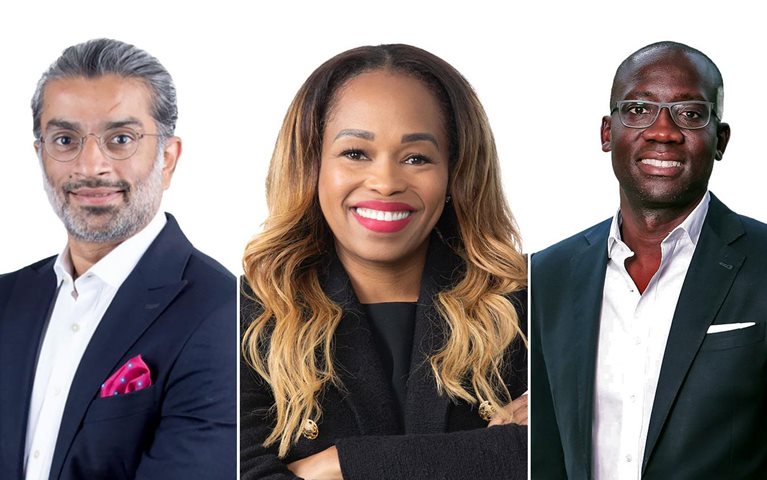As AI and other innovations drive the growth of new frontiers in technology, it’s imperative that a long-running effort stay center stage: racial equity.
A recent report by McKinsey’s Digital practice and Institute for Black Economic Mobility detailed how efforts to close the Black talent gap in technology are falling short of necessary targets. Only 8 percent of employees in tech jobs and just 3 percent of technology executives in the C-suite are Black, putting billions of dollars in income at risk for Black workers and communities.
This gap is likely to widen over the next decade, the McKinsey research found. Across all industries, technology jobs—those in data science, engineering, cybersecurity, and software development—are expected to grow 14 percent by 2032. Black tech talent in those roles is expected to grow only 8 percent over the same period.
To help address this, McKinsey convened leaders across industries, in our first Black Tech Summit to catalyze action on education, recruitment, and retention initiatives. Below, we hear from some participants on how we can achieve parity in technology for Black professionals.
Chris Perkins, associate partner, McKinsey

Chris: Promoting diversity in tech is more nuanced than driving traditional diversity initiatives. This is primarily because of the specialized hard and soft skills required to enter tech-oriented professions and succeed throughout their careers. Our research shows us that various actors, such as nonprofits, for-profits, government agencies, and educational institutions are approaching the problem in small pockets. Could we help catalyze an ecosystem with wraparound support across sectors?
To design this, we have to look at the full pipeline and its “leakage” points, from getting talent trained and in the door all the way up to the C-suite. These gaps are caused by lack of awareness and support in early childhood education through college, and lack of sponsorship and mentorship in early- and mid- career positions.
While technical skills like software engineering are key, STEM majors are often not given the soft skills training needed to move up the ladder. These are often acquired and honed through informal mentor networks, which aren’t traditionally as available to Black talent. Employees with access to these networks tend to also have better understanding of the company’s business—also vital for advancement.
We believe by bringing people together from a diverse set of roles and sectors, expanding recruitments pools to non-traditional sources, creating more mentors by educating communities—not just students—keeping skill building on track with tech innovation, and scaling what’s working, we can realize meaningful, lasting progress.

McKinsey Institute for Black Economic Mobility
Our goal is to inspire, empower, and sustain action that leads to the economic development of Black communities across the globe.
Andrea Juncos, director, Jobs for the Future’s Center for Racial Economic Equity

Andrea: Jobs for the Future is a national nonprofit organization dedicated to transforming the US education and workforce systems to achieve equitable economic advancement for all. We’ve been conducting research on Black learners and workers in tech to better understand and disrupt labor market patterns that see under-representation of Black people in high wage, high growth jobs, but over-representation in lower wage jobs.
We’re building a network of organizations working on this to increase the efficiency and impact of our collective efforts. Being at McKinsey’s Black Tech Summit was valuable for us to make connections with people from sectors we're not always in conversation with and to share insights from our work.
Some of the key messages we offered were about recruitment and training. We work with community college systems based on their large concentration of Black learners and their potential as recruitment sources. We analyze data on the outcomes and experiences of Black learners and then design, implement, and evaluate solutions that can help them access high-value careers, such as tech.
In addition, in our research, we analyzed over 200 organizations specifically focused on developing Black tech talent and identified top innovators. We shared the list at the event, and many were not familiar with the organizations. It was valuable exposure.
There was discussion about what’s working, but beyond that, how do we scale? To move from replicating programs to having impact at scale requires systems-level approaches as well as comprehensive data. It’s clear there is more work to do in these areas, and the discussion helped us form important connections and begin shaping a path forward.
Peter Akwaboah, chief operating officer for technology & global head of innovation, Morgan Stanley

Peter: At Morgan Stanley, the commitment to diversity and inclusion is part of our core values, and it starts at the top with leading by example. Our Institute for Inclusion demonstrates how leaders across our firm are coming together in a shared mission to create a more equitable society and drive greater outcomes for underserved communities.
Initiatives like this are important not just for an entire organization, but also for technology specifically as they can provide resources to help increase diversity within specialized skill sets like AI, cyber and cloud.
To succeed, we must hold ourselves accountable. Senior leaders must be visible and representative of the communities we serve, and lead by example. All leaders must engage with their people and provide access for mentoring and networking—but also be visible to students and prospective talent by supporting programs in the community like JumpStart and Year Up that provide early exposure to STEM careers.
At the summit, we talked about ideas for more grassroots community outreach, including expanding our talent pools through targeted outreach in spaces at the heart of the community where we can explain the opportunities tech can offer. The summit not only fostered dialogue, but it formed its own community—one of people jointly trying to solve something that creates a more equitable society.
